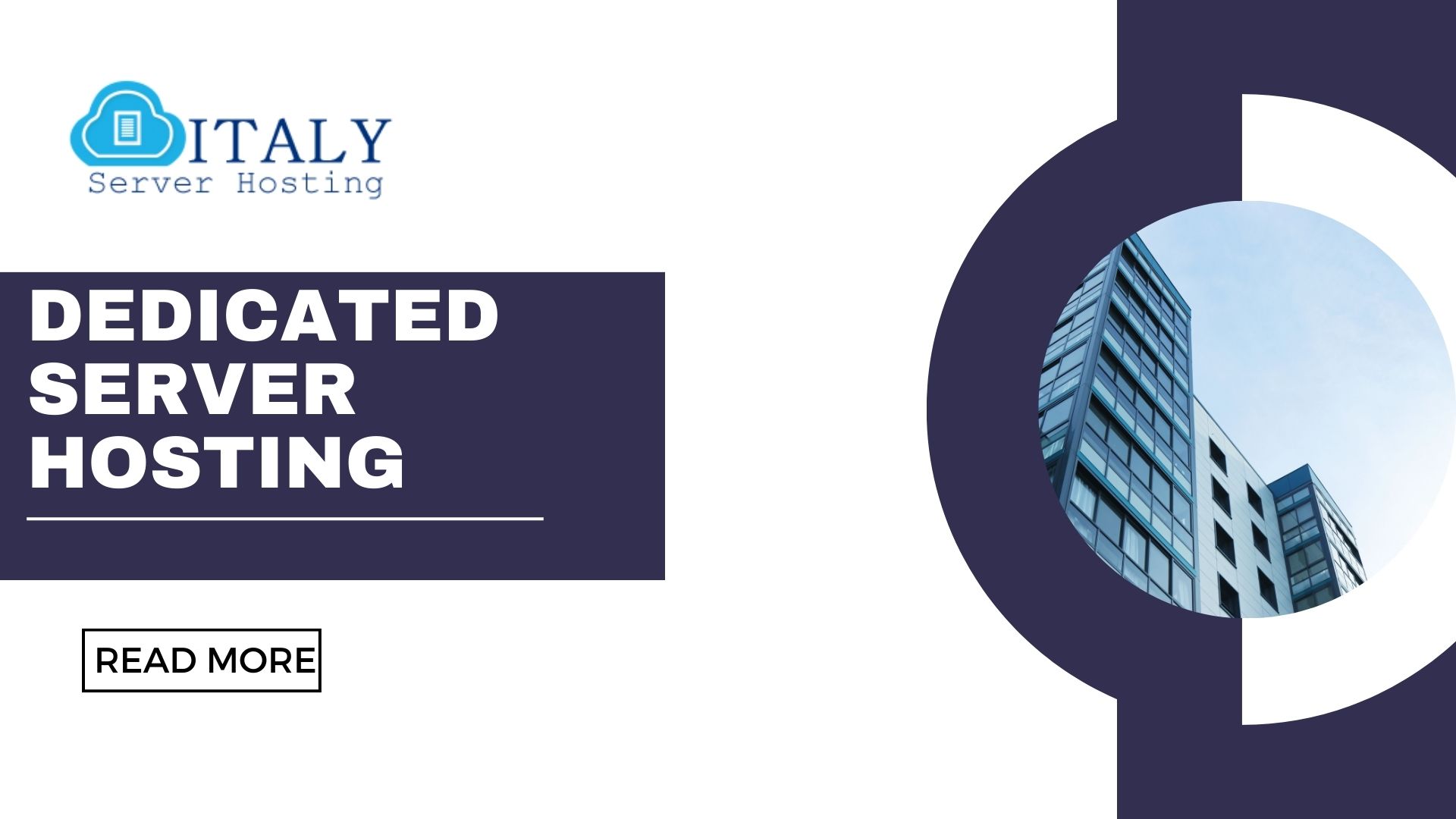
Dedicated Server Hosting stands as a pinnacle of power, performance, and control. It’s a hosting solution that provides an entire physical server solely for your website or application. This article explores Dedicated Server Hosting in detail, uncovering its advantages, use cases, and why it remains a go-to choice for businesses and individuals with demanding online needs.
Understanding Dedicated Server Hosting
Before we dive into the specifics of Dedicated Server Hosting, let’s first clarify what it entails. Unlike shared hosting or Virtual Private Server (VPS) where multiple users share server resources, a dedicated server allocates an entire physical server to a single client. This means that the entire server’s resources, including CPU, RAM, storage, and bandwidth, are dedicated solely to that client’s website or application.
The Advantages
1. Unmatched Performance: With Dedicated Server Hosting, you get access to the full power of the server. This translates to faster loading times, better response rates, and the ability to handle high-traffic loads without performance bottlenecks.
2. Enhanced Security: Since you don’t share the server with other users, dedicated hosting is inherently more secure. You have full control over server security configurations, reducing the risk of security breaches.
3. Complete Control: Italy Dedicated Server gives you total control over server settings, software installations, and configurations. This level of control is especially valuable for businesses with specific requirements or custom software needs.
4. Customization: You can tailor the server environment to your exact specifications, ensuring it meets your unique demands. This is crucial for applications that require specific resource allocations or software setups.
5. Reliability: A dedicated server often comes with high uptime guarantees. The lack of resource contention means your website or application is less likely to experience downtime due to server issues.
Use Cases
Dedicated Server Hosting is a versatile solution that can accommodate various use cases and industries:
1. E-commerce: Online stores with heavy traffic and complex databases benefit from dedicated servers to ensure fast and secure transactions.
2. Gaming: Game developers and online gaming platforms often require dedicated server to support large player bases and ensure low-latency gameplay.
3. Media Streaming: Streaming platforms and content delivery networks (CDNs) rely on server for seamless video and audio streaming to global audiences.
4. Enterprise Applications: Large enterprises with data-intensive applications, such as CRM systems and ERP software, often use server for performance and data security.
5. High-Traffic Websites: Popular websites with substantial visitor traffic opt for dedicated servers to maintain fast loading speeds and handle traffic spikes.
6. Development and Testing: A dedicated server provides an ideal environment for developers to create, test, and deploy applications without resource limitations.
Managed vs. Unmanaged Dedicated Servers
Dedicated Server Hosting can be further categorized into managed and unmanaged options:
1. Managed Dedicated Servers: In this option, this provider takes care of server maintenance, updates, security, and technical support. This is suitable for users who prefer to focus on their website or application without worrying about server management.
2. Unmanaged Dedicated Servers: With unmanaged hosting, the client is responsible for server administration, including software updates, security configurations, and troubleshooting. It offers more control but requires technical expertise.
Choosing the Right Provider
When selecting a Dedicated Server Hosting provider, several factors should guide your decision:
1. Server Specifications: Ensure that the provider offers a dedicated server with the necessary resources to meet your requirements.
2. Data Center Locations: Choose a provider with data centers in locations that suit your target audience for improved website performance.
3. Uptime Guarantee: Look for providers that offer high uptime guarantees and redundancy for added reliability.
4. Support and Technical Expertise: Assess the provider’s customer support quality and technical expertise, especially if you opt for an unmanaged server.
5. Scalability: Consider whether the provider allows easy server upgrades or the addition of more servers as your needs grow.
6. Security Features: Verify the security measures and backup options provided by the hosting company.
Conclusion
Dedicated Server Hosting is the epitome of hosting solutions, offering unparalleled performance, security, and control. Whether you’re running a high-traffic website, hosting data-intensive applications, or managing an online business, an Italy Dedicated Server provides the infrastructure needed to ensure a seamless online experience for your users. While it may come at a higher cost compared to share or VPS hosting, the benefits in terms of reliability and performance make it a wise investment for many businesses and individuals. When choosing a hosting provider, carefully evaluate your needs and the offerings of various providers to find the perfect match for your online presence.
